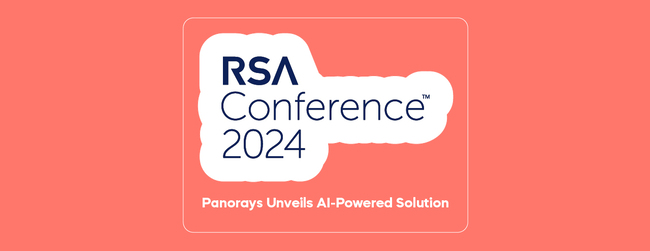Despite the pandemic, the surge in home office setups, and the widespread digitization across various sectors, one aspect remains constant – customers prefer purchasing insurance through human interaction.
Although self-service portals are gaining popularity, as of 2022, 90% of Property & Casualty premiums were still managed by agents, brokers, and insurance agencies.
Equipping your workforce with cutting-edge technology to enhance their efficiency is no longer just an option – it’s a necessity. This imperative arises for two main reasons:
It boosts their productivity, enabling them to deliver more value within the same timeframe.
Your competitors are likely to embrace it without hesitation.
It’s imperative to seek a comprehensive solution to fuel your business growth in the insurance market.
Insurance agents serve as the cornerstone of the insurance business. The industry is witnessing a digital revolution, evident in trends such as collaboration between intermediaries and insurance firms, omnichannel strategies, process automation, the growing role of artificial intelligence (AI), self-service options for customers, and the utilization of external data sources and ecosystems.
While some speculate that AI will replace human labor, the reality is that human workers, utilizing AI tools, will be the first to revolutionize the workforce.
Insurance intermediaries leveraging AI and Big Data can conduct market analyses, relying on social networks, video calls, and websites, especially in the absence of direct online sales channels. The COVID-19 pandemic accelerated the transition to remote selling, setting new standards likely to persist.
Despite the revolutionary changes, agents still account for a significant portion of Net Written Premium in all P&C lines and Commercial Lines.
However, the digital transformation in the insurance industry comes with its set of challenges. On average, insurance agents waste 1.8 hours daily and 9.3 hours weekly searching for information. This translates to 20% of their payroll being lost.
Research indicates that insurance agents find digital integration challenging, are concerned about rising costs, and face difficulties acquiring resources to learn about new tools. Yet, a considerable portion believes that digital tools enhance customer service and retention.
It’s crucial to support your agents’ digital onboarding to enhance customer service efficiency.
Despite the availability of digital channels, insurance customers still value human interaction. Studies show that a significant majority prefer contacting a real human over a chatbot. Equipping agents with tools to facilitate quick information retrieval, personalized offerings, and positive customer experiences can be a game-changer.
The top three tools for insurance agents and brokers include Insurance CRM Software, Agent Portal, and Omnichannel Communication Tools. These technologies enable agents to manage customer relationships effectively, streamline sales processes, and provide an omnichannel experience, meeting modern customer expectations.
In summary, the digital shift in the insurance industry necessitates embracing advanced technology to remain competitive and meet customer demands. While digital tools offer numerous benefits, human interaction remains crucial in insurance services. Agents face challenges in adopting digital tools but can reap significant rewards in accessibility, customer service, and retention. Key technologies such as CRM software, agent portals, and omnichannel communication tools play a pivotal role in modernizing processes and enhancing customer experiences.






